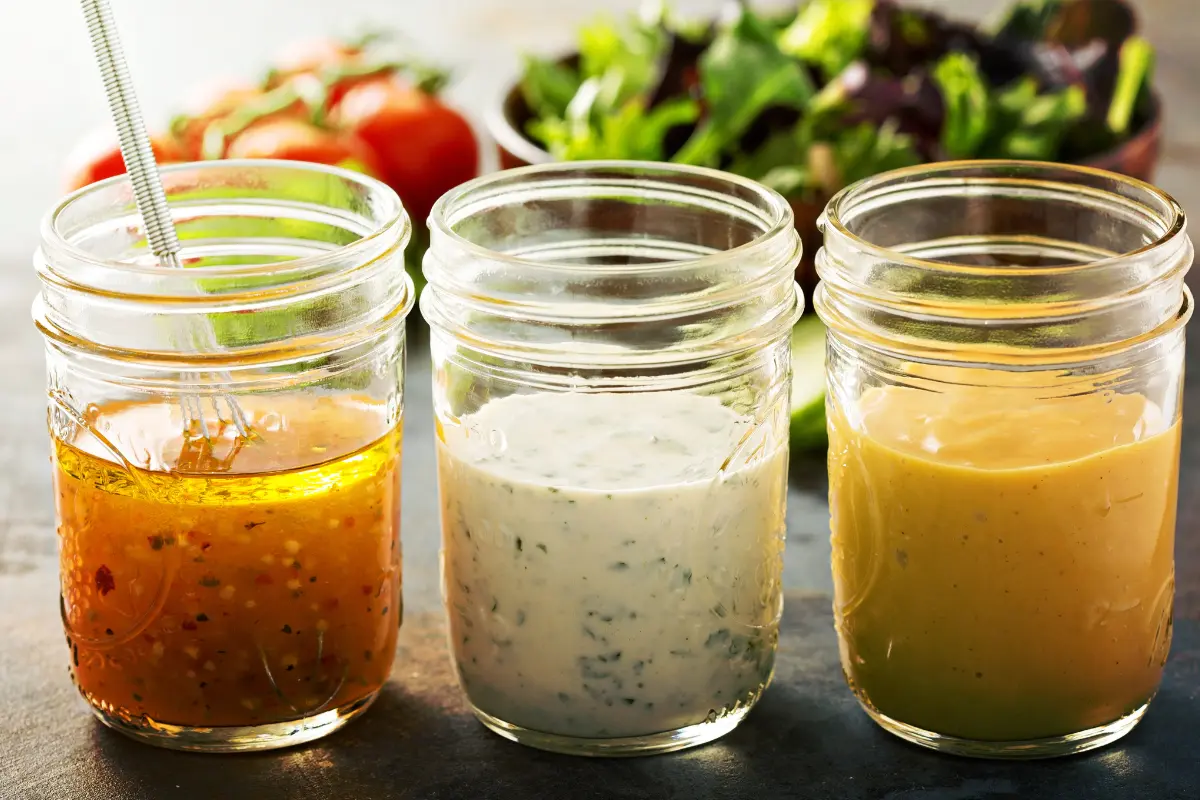
Have you ever noticed how easy it is to talk yourself out of a good habit?
For example, let’s say you’re new to tracking your food and want to make it a daily habit. You’ve been going strong for two full weeks now, tracking every single food you eat successfully and you’re feeling great!
But then one afternoon at work, your colleague announces that it’s his birthday and has brought in your favorite cake from that amazing bakery you love.
You think to yourself, “I have been so good over these last two weeks. It’s okay for me to have some cake.”
The thought process you just experienced is called a “moral licensing” loophole (from the book Better Than Before by Gretchen Rubin).
Advertisement
With moral licensing, we give ourselves permission to do something “bad” because we’ve been “good.” We tell ourselves that we’ve earned it or deserve it.
Have you ever caught yourself thinking any of the following statements?
- This has been a tough week. I’ve earned this glass of wine!
- I ran 5 miles today, so I deserve this pizza.
- I’ve lost a ton of weight so far on this nutrition plan, so now it’s okay for me to indulge a little more!
- I haven’t eaten at [X] restaurant in a year, so I deserve to splurge.
- Sure, I went way over my macros with these organic tortilla chips, but they are organic so it’s okay! (This is called the “health halo”. A “health halo” effect occurs when a food that has some healthy attributes is perceived as being virtuous in all respects).
The moral licensing loophole is one of several loopholes described by Rubin. Loopholes are defined as justifications that excuse us from keeping this particular habit in this particular situation.
The key to overcoming loopholes is to catch ourselves when we’re tempted to use them and, instead, reject them.
Another very common loophole for people trying to change their nutrition habits is called “the false choice loophole.” This is where we pose two activities in opposition, as though we need to choose one or the other – when, in fact, the two aren’t necessarily in opposition.
Advertisement
Have you ever caught yourself saying any of the following?
- If I start that new exercise program, I won’t have any time for my family.
- I’m too busy with work. I don’t have time to track my food.
- If I go to bed earlier, I won’t have any downtime for myself.
- I’ll start eating healthier once life calms down.
If you catch yourself in a false choice loophole, there are methods for escaping it. Instead of asking yourself, "Can I have this or that?" — ask yourself, "Can I have this and that?" It's surprising how often it’s possible for both.
A third common loophole for people trying to adopt healthier habits: the “concern for others loophole.”
We use this loophole when we tell ourselves we’re acting out of consideration for others and making generous, unselfish decisions. Or we decide that we must do something to fit into a social situation. For example:
- I don’t keep a candy dish on my desk for myself. I have to keep it here for others!
- My family needs me – I don’t have any time to focus on my own health.
- It would be rude to bring my food scale to the restaurant.
- Everyone else is drinking alcohol at dinner – it will look weird if I don’t drink.
If you catch yourself using this loophole, the next step is identifying possible solutions. For example, some solutions to the situations above could include:
Advertisement
- I’ll keep mints or candy I dislike on my desk, rather than candy that tempts me.
- I’ll ask my family whether they’d be willing to support me if I sign up for that nutrition program.
- I will ask my nutrition coach for help in estimating portion sizes so I don’t need to bring my food scale this time.
- I will order a glass of wine at dinner but won’t drink it. I’ll just leave it sitting on the table, no one will notice.
It’s common to catch ourselves using loopholes to ditch good habits – but with a little self-awareness, we can reject the loopholes and keep making progress toward our goals!
Continue building on your good habits with our Flexible Dieting Crash Course. It’s a month-long course that’s focused on teaching you the basics of nutrition and how to use that knowledge to reach your goals.
You’ll learn how to create a custom nutrition plan for yourself — so you can stop feeling helpless when it comes to losing weight.
And if at any point during or after the course you decide you want to start working with a personal nutrition coach, we’ll credit the cost of the course directly to your membership fees.
Enroll in the course and learn how to fuel your body for success.
Advertisement
Schedule a Free Intro Call
Working Against Gravity has led the macro tracking and health space for over a decade. Our team doesn’t just understand the science of nutrition—we’ve spent years mastering the art of tailoring it to fit your life. That means no cookie-cutter plans, just real strategies that have worked for over 30,000 people.
Schedule a free call with our team to learn how working with a 1-on-1 WAG coach will help you reach your goals.



